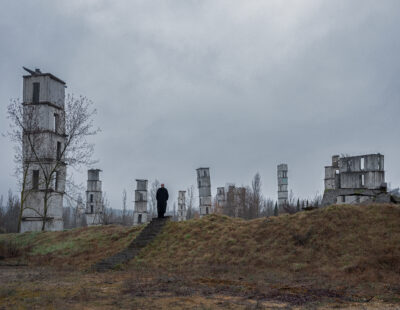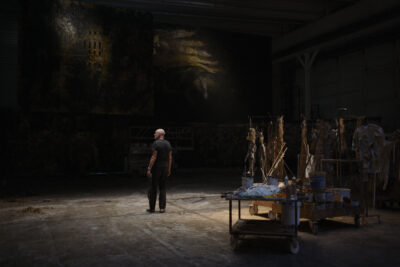Drugstore June Q&A at the Laemmle Noho: 3/2 – 7:10PM Moderator, Nick Rutherford, Nicholaus Goossen, Jenn McClaren and Jordan Ellner; 3/5 – 7:10PM Moderator, Jonnie “Dumbfounded” Park, Nick Rutherford, Brandon Wardell, Britany Furlan, Nicholaus Goossen, and Jordan Ellner; 3/7 – 7:10PM Moderator, Jon Gabrus, Nicholaus Goossen, and Jordan Ellner

![Tickets: http://laemmle.com/film/suburbia | Subscribe: http://bit.ly/3b8JTym | When household tensions and a sense of worthlessness overcome Evan, he finds solace with the orphans of a throw-away society. The runaways hold on to each other like a family until a tragedy tears them apart.
Tickets: http://laemmle.com/film/suburbia
RELEASE DATE: 7/24/2024
Director: Penelope Spheeris
Cast: Bill Coyne, Chris Pedersen, Jennifer Clay, Timothy Eric O'Brien, Wade Walston, Mike B. The Flea
-----
ABOUT LAEMMLE: Since 1938, Laemmle [Theatres] has been showing the finest independent, arthouse, and international films.
Subscribe to Laemmle's E-NEWSLETTER: http://bit.ly/3y1YSTM
Visit Laemmle.com: http://laemmle.com
Like LAEMMLE on FACEBOOK: http://bit.ly/3Qspq7Z
Follow LAEMMLE on TWITTER: http://bit.ly/3O6adYv
Follow LAEMMLE on INSTAGRAM: http://bit.ly/3y2j1cp](https://90bb70.p3cdn2.secureserver.net/wp-content/plugins/feeds-for-youtube/img/placeholder.png)
 “
“
